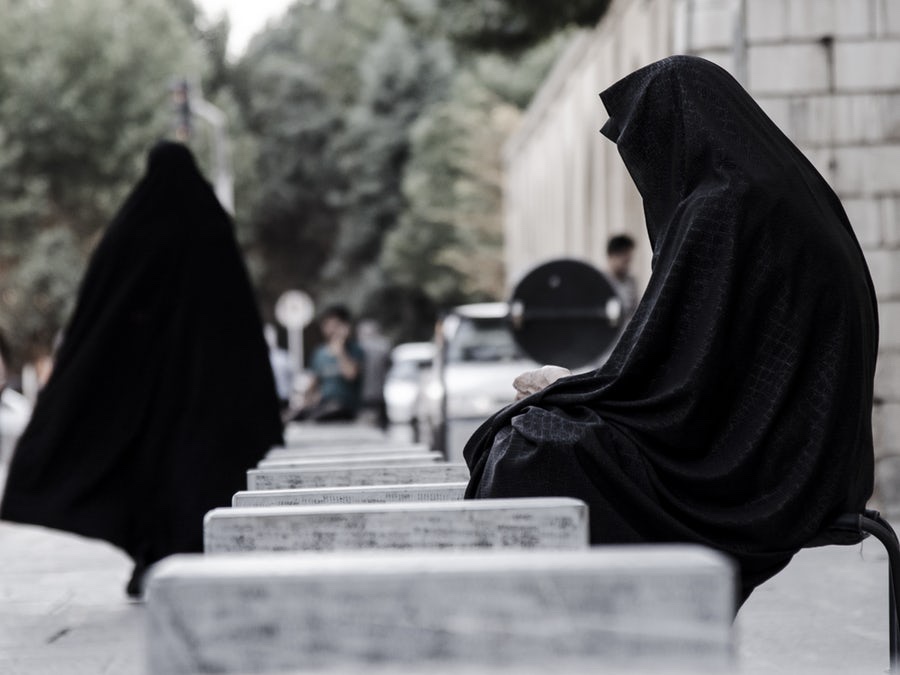Equal access to justice, regardless of race, has always been an issue when it comes to British citizens, but the right to actually exist in the UK, regardless of one’s race, has never felt more urgent.
For those first generation citizens whose parents hail from elsewhere, the right to citizenship seems to be optional, dependent on opinions conforming to those of the wider community or whether and how they transgress. Good character must be proven – not to get to the UK – but for them to be allowed to stay.
The recent cases of Shamima Begum, the Windrush scandal, and the plight of Jamaican deportees may appear quite different on the surface, but a unifying thread that runs through them all: what it means to be a citizen of the UK and how easily the rights of citizenship can be revoked.
The British home secretary Sajid Javid’s claim that allowing Begum to return to the UK might compromise public safety is not completely unjustified. Begum, who is a still a teenager and who left the UK at a young and impressionable age, did not appear remorseful in the interviews she gave from the camp where she took refuge (unlike her husband who by the time he was interviewed was savvy enough to say all the right things), nor did she attempt to distance herself from extremist Islamic doctrine. Instead she now wanted to return home because she is heavily pregnant and had previously lost two other children to sickness and famine.
The risk Begum may pose should she return to the UK does not take away from the fact that is a British citizen. Although Prime Minister Theresa May during her tenure as home secretary once asserted that “citizenship is a privilege, not a right”, we beg to differ. Citizenship is not a privilege; it is a protected legal status and its deprivation should not be a viable alternative to the responsible prosecution of alleged criminal conduct.
Citizenship is not about character, risk or regret. It is about rights and responsibilities. This is as true for Begum as it is for the victims of the Windrush scandal. It applies to everyone who qualifies or it does not apply. Deprivation with all of its consequences is equivalent to a penal sanction of the most serious kind, but one that is imposed without due process, a fundamental human right.
Although Begum later expressed regret, it may be a case of too little, too late. Stripping her of her citizenship when she is overseas seems like the coward’s way of handling the situation as the UK has no right to expect other states to accept its castoffs. The notion that Britain could not deal with her case, could not show her a better future, could not try her, convict her, reorient her or support her, makes Britain look both callous and weak.
In effect, what the home secretary has done is to underline the fact that two tiers of British citizenship exist: those persons who are natural, free-born British citizens who cannot be stripped of this status without being rendered stateless, and British immigrant citizens who, due to an accident of birth, can be discarded.




